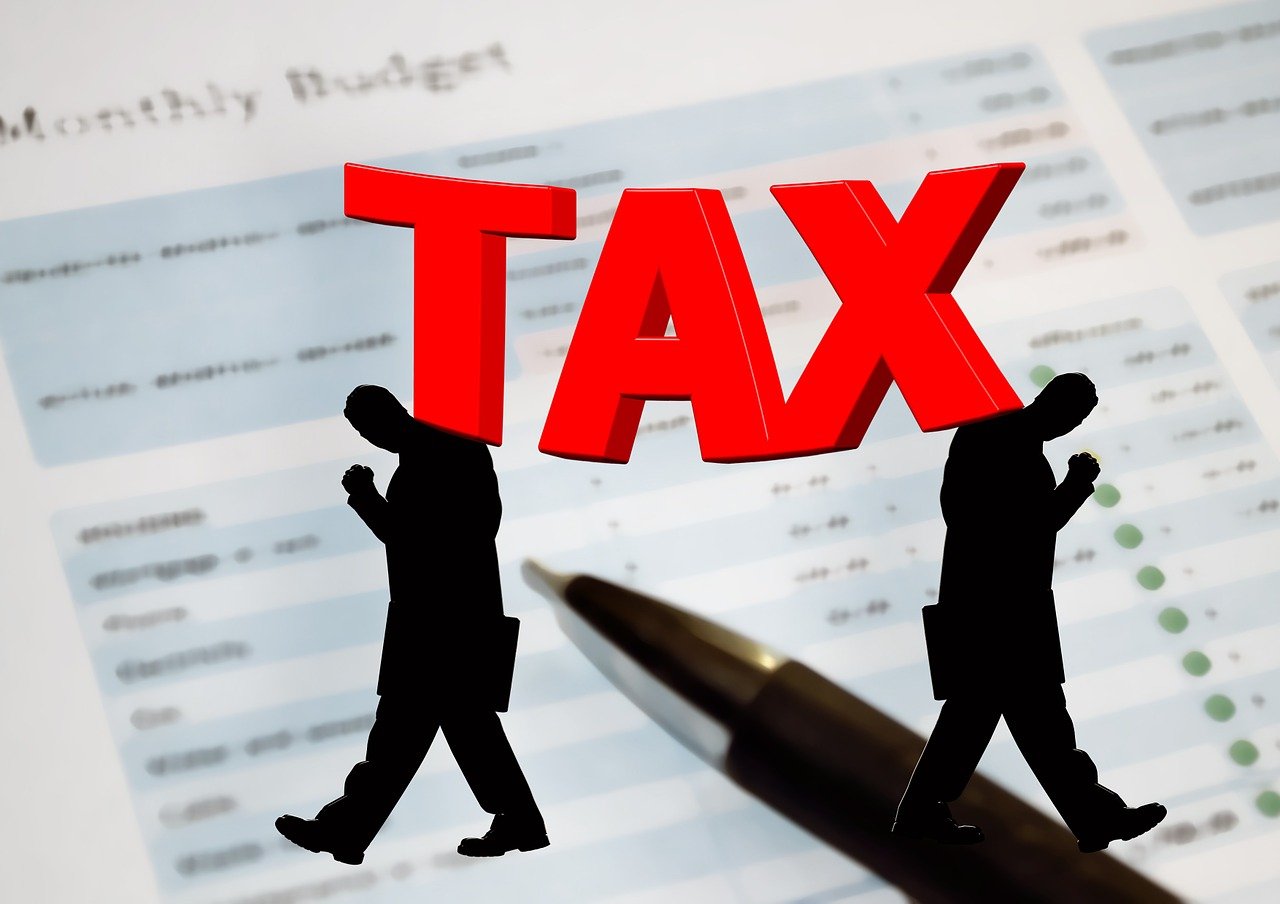
Essential Tax Compliance Steps for Small Business Owners
As a small business owner, navigating the labyrinth of tax compliance can be daunting. However, understanding and adhering to tax laws is crucial for the survival and growth of your business. This comprehensive guide is tailored to demystify the essential steps you need to take to ensure tax compliance and avoid costly penalties.
Understanding Tax Compliance for Small Business Owners
Tax compliance involves adhering to tax laws and regulations as they apply to your business operations. This includes accurately reporting income, claiming legitimate deductions, paying the correct amount of taxes, and filing returns on time. For small business owners, tax compliance is not just about fulfilling a legal obligation; it's also about smart financial management.
Step 1: Educate Yourself on Tax Obligations
The first step in achieving tax compliance is to understand your tax obligations. Different businesses have different tax requirements based on their structure (sole proprietorship, partnership, LLC, etc.), the products or services they offer, the number of employees, and the state in which they operate. Familiarize yourself with the federal, state, and local tax laws that apply to your business. This may include income tax, self-employment tax, payroll tax, sales tax, and more.
Step 2: Maintain Accurate Records
Accurate record-keeping is the foundation of tax compliance. Ensure that you keep detailed records of all your business transactions, including income, expenses, and potential deductions. This will not only simplify the process of filing taxes but also provide documentation in case of an audit. Implementing a reliable accounting system can help you track your finances and stay organized throughout the year.
Step 3: Classify Your Business Correctly
Your tax obligations are heavily influenced by how your business is classified. Whether you're a sole proprietor, a partner in a partnership, or running a corporation, each classification comes with different tax implications. Misclassification can lead to incorrect filing and potential penalties. If you're unsure about your business classification, consult with a tax professional.
Step 4: Know Your Filing Deadlines
Missing tax filing deadlines can result in penalties and interest charges. Mark your calendar with all relevant tax deadlines, including quarterly estimated tax payments if applicable. The IRS website provides a tax calendar that can be synced with your personal calendar to help you stay on top of these important dates.
Step 5: Understand and Claim Deductions
Small business owners are entitled to a variety of deductions that can reduce their taxable income. These may include business expenses such as office supplies, travel, equipment, and even certain types of insurance. It's essential to understand which deductions you qualify for and to maintain documentation to support these claims. However, be cautious and avoid claiming excessive or ineligible deductions, as this can raise red flags with the IRS.
Step 6: Prepare for Taxes All Year Round
Tax compliance is not a once-a-year event. It's an ongoing process that should be integrated into your daily business operations. By setting aside money for taxes and reviewing your tax situation regularly, you can avoid the year-end scramble and ensure that you're prepared when tax season arrives.
Step 7: File and Pay Your Taxes on Time
When it's time to file your taxes, ensure that you do so accurately and on time. Utilize the correct forms for your type of business and double-check your return for errors before submission. If you owe taxes, pay them by the due date to avoid penalties and interest. If you're unable to pay the full amount, contact the IRS to discuss payment plan options.
Step 8: Seek Professional Help When Needed
Tax laws can be complex, and there's no shame in seeking assistance. Hiring a tax professional or accountant can provide peace of mind and help you navigate the intricacies of tax compliance. A professional can offer personalized advice, assist with tax planning, and represent you in the event of an audit.
Conclusion
Tax compliance is a critical aspect of running a successful small business. By taking these essential steps, you can ensure that your business operates within the law, minimizes its tax liability, and avoids penalties. Remember, being proactive about your taxes is not just about avoiding trouble; it's about establishing a solid foundation for your business's financial health. Stay informed, stay organized, and don't hesitate to seek professional guidance to keep your business on the right track.
